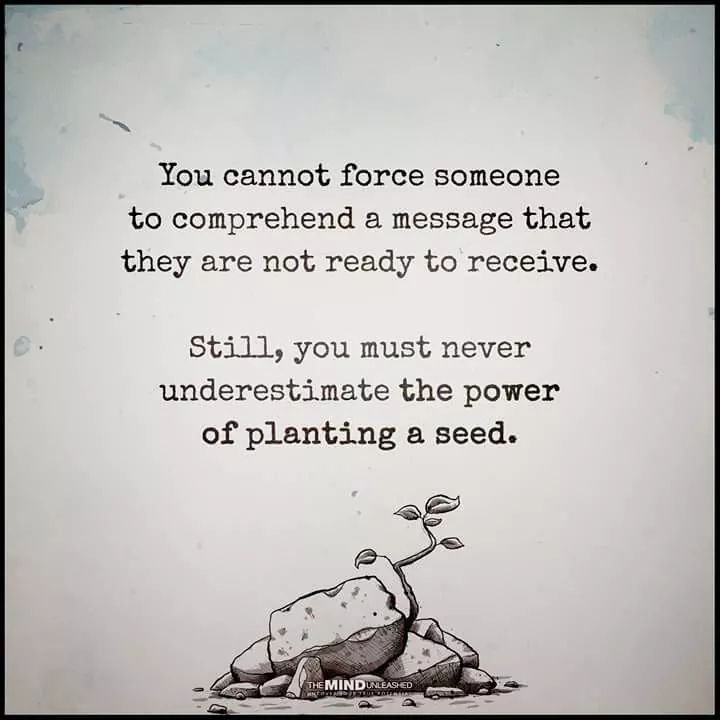Let’s Talk About It:: Suicide
Alecia Sanford is today’s guest blogger, tackling the difficult and often taboo issue of suicide. She is a certified crisis counselor and founder of the Give Me 24 Project, aimed at suicide prevention. Alecia has been directly impacted by suicide, so she knows the extensive impact of suicide personally. She has channeled her experiences into her commitment to helping others. Find out more about what you can do to help prevent suicide by following Alecia on Instagram or Facebook.
No one thinks when they are 8, 9, or 15 years old that they’re going to wake up one day in a nightmare beyond their comprehension. When we’re young, we dream of finding Mr/Mrs Right, getting married, and having a big home with 2.5 children. It’s an awesome dream, but mine took a major detour.
After being married for 8.5 years, my husband checked out on his own terms. Some people say that suicide isn’t a decision that the person makes, but that it is a symptom of their mental illness. Some say it’s a decision that someone makes that doesn’t leave much room for forgiveness. It’s my opinion that anyone who dies from suicide is suffering from some form of mental illness. It could be severe depression or it could be another disorder. I tend to think suicide is somewhere in between decision and symptom, which is why I created the Give Me 24 Project.
I came to see suicide in this was after experiencing the loss of several friends, my husband, my uncle, and 10 years of personal research and reading on the subject. Suicide is a decision someone makes when they no longer feel they have the coping mechanisms to continue on through the pain they are experiencing. Their desire to no longer feel the intense sadness propels them to do what they feel is their only option left.
Some people suffer from deep depression for years, and they are barely surviving their battle with it. When they feel they just can’t do it another day, they plan their exit. Planning can happen in several ways. It may be subconscious, taking months or even years. Or it may be done over a few hours, sometimes not even that long. It seems that in young people, suicide is more impulsive; while in adults, it is more of a planned event.
While they are in the planning stages of suicide, most people firmly believe that their pain and their issues are a burden to loved ones. This is why they don’t talk about it. They are scared that if they tell someone they are planning to commit suicide, they will be seen as weak and a burden to their loved ones. They are scared they will be judged and don’t want to face any more pain than they already are in.
If you think someone you love is considering suicide, ask them., “Are you thinking of taking your life?” Contrary to the popular belief, asking does not promote the idea. Instead, when asked directly and in a non-judgemental way, it opens up the lines of communication for your loved one to express their feelings.
If someone had told me that at 32, I would be left with staring this beast (the aftermath of suicide) in the face with two young children in tow, I would have told them that they were nuts, but it happened. I spent years asking why and searching for answers, until I finally learned to accept that “why” is just a merry-go-round of frustration that never gets answered. The most frequently asked question I get is why did I think my husband didn’t call or reach out to someone. I have learned when a person is in that “hot moment” right before they dedicate themselves to the act, if there can be an opportunity for interception, lives can be saved. People who die by suicide don’t really want to die. They just want their pain to stop. So I asked myself, how do I “get in” during their hot moment and open a door to alternative options, knowing people who are actively considering suicide are unlikely to reach out? The only option I can come up with is to plant a seed during a cool moment that may take hold in the critical decision moment.
Once someone dedicates themselves to the act of suicide, they tend to isolate themselves. They are so consumed with what they are about to do that they can’t bring themselves out of that hot moment. What the Give Me 24 Project does is plant a seed. A loved one intentionally asks them when they are in a cool moment to sign a covenant agreeing that if they ever feel they are going to act on their thoughts of suicide, that they will stop, wait 24 hours, and contact someone in that time. We are planting a seed and praying that they remember that if they ever find themselves at that point, they have made a promise to reach out.

I have used this thought process and action with several people and gotten phone calls where I was told, “Out of respect to my promise to you, I’m making this call.” I have been able to help more people get from that hot moment to a cool one, and I am thankful that each one of those people are still alive today.
The Give Me 24 Project acts as a bridge between a person’s hot moment and giving life one last chance by reaching out for help. The bridge is missing between desperation and help for those actively considering suicide. I hope and pray the Give Me 24 Project helps connect that void where hope gets lost.
It was never my dream to live a life after suicide loss but it happened. It is now my mission to help stop the loss of valuable lives this way. I am now a certified crisis counselor with the Crisis Text Line (text 741741 if you are in crisis) , I run a blog to promote the Give Me 24 covenant, and I actively work with the youth in my area. If you would like more information on how you can get involved, please email me at buildthetreehouse2@gmail.com. To learn more, visit https://giveme24project.wordpress.com/.
Other resources:
National Suicide Prevention Hotline: 1-800-273-TALK
Need help finding a therapist?
Tennessee resources for suicide
SaveSave










How can I help? I really want to stop the bullying in school. I had a girl who I worked with and you 11yr old daughter committed suicide last year. I want to help stop this.